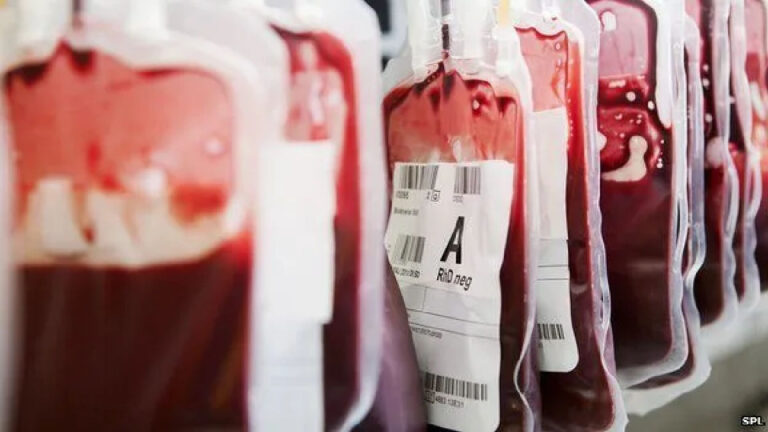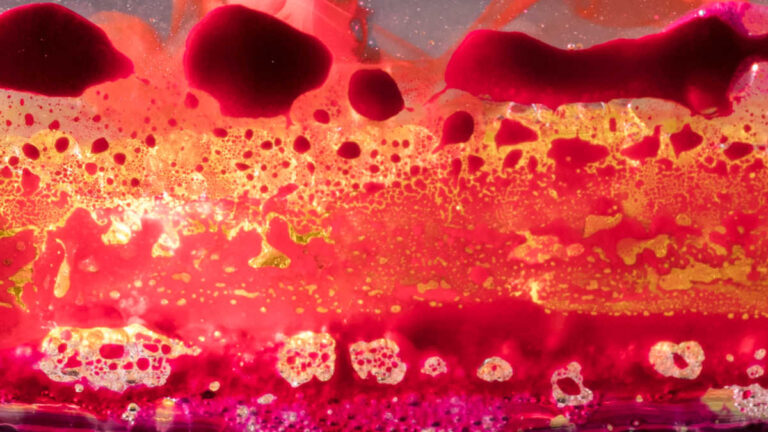the real value of blood
A Shared Life Force
As the President of the United Nations General Assembly once aptly stated, “The global community shares a common life source: blood.” This life-sustaining fluid transcends cultural, racial, and religious boundaries. However, the safety and efficacy of blood-based medical treatments have come under increasing scrutiny.
A Complex and Risky Procedure
Global disparities in blood safety standards and medical practices raise concerns about the risks associated with blood transfusions. Healthcare professionals’ diverse educational backgrounds, clinical skills, and personal beliefs further complicate the issue.
A shift in Medicine standards
A growing number of medical practitioners are adopting a more cautious approach to blood transfusions. This trend is driven by several factors, including:
- Safety Concerns: Recognising the potential risks associated with blood-based treatments.
- Emerging Alternatives: Exploring non-blood alternatives that offer safer and more effective outcomes.
Redefining Blood’s Value
These developments prompt us to reevaluate the true value of blood. Is it solely a medical resource, or does it hold deeper significance? As we navigate the complexities of modern medicine, it is crucial to consider the broader implications of blood use and its potential impact on human health and well-being.
Our Creator and Blood: Ancient Laws and Blood’s Sanctity
In Noah’s time, our Creator established a profound law. While permitting humans to consume animal flesh, he specifically prohibited blood consumption.
“Only flesh with its soul—its blood—you must not eat”
—Genesis 9:4
He provided clear reasoning, equating blood with the soul, or life, of the creature. Later, he declared, “The soul [or life] is in the blood.” To our Creator, blood is sacred—representing the precious gift of life possessed by each living soul. This principle was repeatedly emphasised throughout scripture:
“It is a lasting statute. You must not eat any blood”
—Leviticus 3:17
“If anyone eats any sort of blood, I will certainly set my face against that person”
—Leviticus 17:10, 11, 14
“Make sure that you do not eat the blood”
—Deuteronomy 12:16, 23
Early Christianity and Blood
Approximately 2,000 years ago, when Christianity was established, believers received the divine command to:
“abstain from… blood”
—Acts 15:19, 20, 29
This prohibition centred on blood’s sacredness rather than health concerns. While some contend this God-given restriction only applies to consuming blood, the word “abstain” is self-explanatory. Consider this: if a doctor advised abstaining from alcohol, one would hardly consider intravenous injection acceptable.
Blood’s Sacred Significance
Scripture further illuminates blood’s sacred nature. Jesus Christ’s shed blood, symbolising his sacrificed human life for mankind, is fundamental to Christian faith. It represents sin’s forgiveness and eternal life’s hope.
When Christians abstain from blood, they demonstrate their faith that only Jesus Christ’s shed blood can truly offer redemption and salvation.
“By means of him we have the release by ransom through the blood of that one, yes, the forgiveness of our trespasses”
—Ephesians 1:7
Biblical Adherence in Modern Times
Jehovah’s Witnesses are widely recognised for their strict adherence to these Biblical directives. They decline all transfusions involving whole blood and the 4 primary blood components—red cells, plasma, white cells, and platelets.
Regarding fractions derived from these components and products containing such fractions, the Bible offers no specific guidance; consequently, each Witness makes their own personal decision on these matters. This Bible-based position does not indicate that Witnesses reject medical treatment or treat their health and life carelessly.
Medical Recognition
In recent years, numerous medical professionals have acknowledged the health benefits Witnesses have gained from following Biblical standards. A spine surgeon recently advocated for choosing blood transfusion alternatives, stating:
“It’s absolutely the safest thing to do, not just for Jehovah’s Witnesses, but for everyone.”
Contemporary Medical Perspectives
Making serious healthcare decisions often involves considerable stress and complexity. Regarding blood transfusion practices, respirologist and medical director offer this insight:
“It’s important that we respect people’s wishes, and we need to be very careful about what we put into our bodies.”
—Dr. Dave Williams
These words carry particular relevance in today’s medical landscape.







